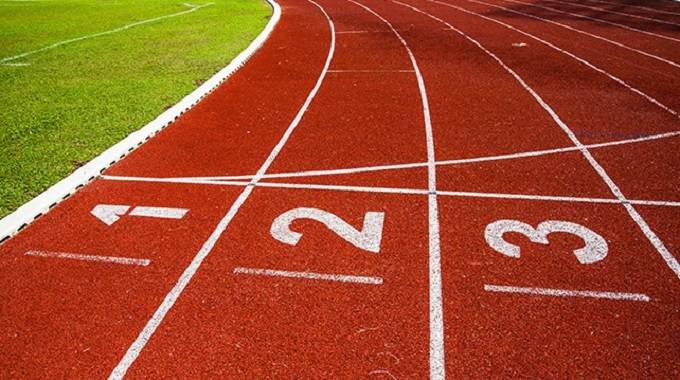No certified track in Zimbabwe

Sikhumbuzo Moyo, Senior Sports Reporter
WORLD Athletics has reiterated its stance not to recognise any athletics track in Zimbabwe amid revelations that the National Sports Stadium track needs a complete overhaul.
In an e-mailed response to a Chronicle Sport inquiry, World Athletics senior technical manager Imre Matrahazi confirmed that Zimbabwe had no certified athletics track and any track that is more than eight years old was not eligible for certification.
“In order to ensure that World Athletics approvals guarantee a good quality surface for athletics competition, starting from January 2019, all certificates under the scheme are issued with a maximum five-year validity; approvals may be limited to shorter periods depending on the age of the surface.
“Depending on the age of the track surface at the time of the first application, the following validity periods shall apply; new or one-year (five years), two-three years (four years), four to five years (three years), six to seven years (two years), eight years (one year), more than eight years (not certifiable). Under the current scheme, all outdoor facility certificates already existing on January 1, 2019, will be considered expired on December 31, 2023,” said Matrahazi.
The National Sports Stadium track was last renovated 25 years ago ahead of the 1995 All-Africa Games, while the White City Stadium track underwent massive refurbishment ahead of the 2014 African Union Sports Council Region 5 Under-20 Youth Games, but missed out on the critical element when only a 100m stretch had a tartan surface laid.
World Athletics said it was alive to the fact that renovations may involve re-topping of the existing synthetic surface, but indicated that the product used for re-topping will be shown on the new certificate although the advice of the laboratory that does the testing might be needed to determine appropriate additional thickness of synthetic and compatibility of the products in order to still meet the Track and Runway Synthetic Surface Testing Specifications.
“The approval of World Athletics should not be assumed and, if in doubt, World Athletics should be consulted before renovation is undertaken.”
The cost of certification for an athletics facility has been pegged at US$10 000 for a Class One track and US$2 000 for a Class Two track, while extensions for both classes require a payment of US$1 000.
Class One tracks are those that are in conformity with requirements of Rule Two of the technical rules.
Synthetic products that are part of the tartan laying also have to be certified. If they have certified products, but World Athletics is yet to physically inspect it, then the track will be classified under Class Two.
They must also conform to stringent requirements for accurate measurement contained in the World Athletics rules and regulations.
Meanwhile, only seven African countries have Class One athletics tracks, while 18, including Lesotho, Botswana and Zambia, have tracks that are classified under Class 2, according to a World Athletics list of certified athletics facilities as at May 1, 2020.
The African countries listed in Class One and the number of athletics tracks are Algeria (1), Congo Republic (1), Ethiopia (1), Morocco (5), Nigeria (3), South Africa (4) and Tunisia (2).
On a global scale, there are 186 Class One certified athletics tracks in 69 countries, with China having the highest number of tracks (27), followed by Poland with eight. The United States of America has seven, while Great Britain only has two, the Queen Elizabeth Olympic Park and Crystal Palace Stadium in London.









Comments